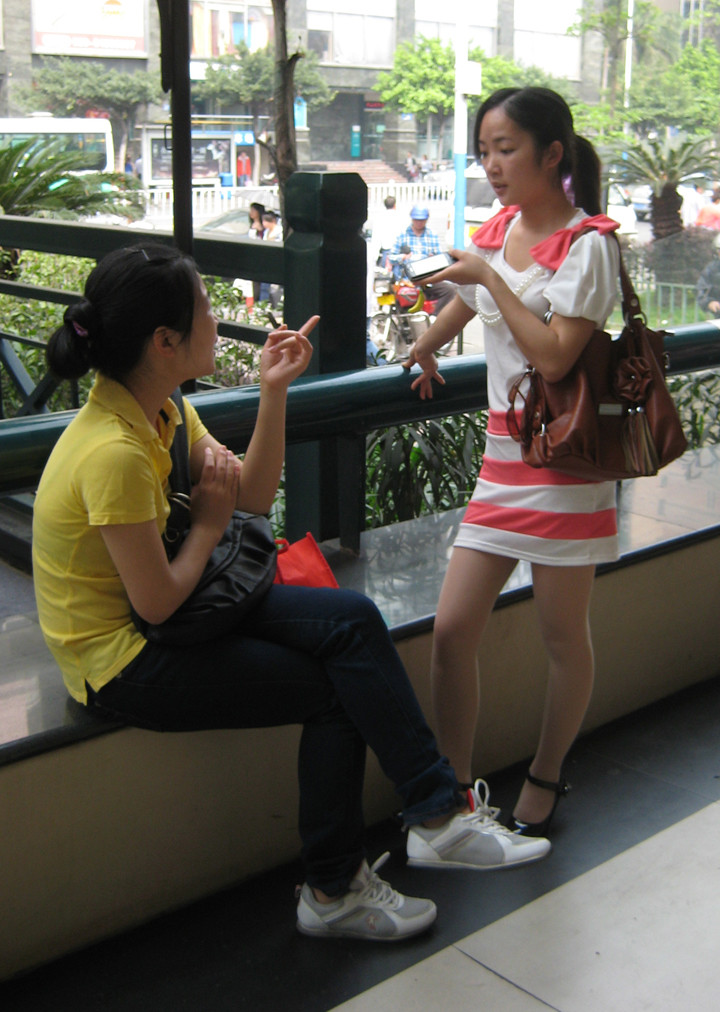On April 8, 2016, reporter Karen Cheung writing on Hong Kong Free Press (HKFP) website announced the jailing of four Guangzhou (just over the border from Hong Kong-Shenzhen) activists facing jail terms for inciting subversion of state power. All they did was show support for Hong Kong’s pro-democracy Occupy protests in 2014.
“The Guangzhou Intermediate People’s Court on Friday morning sentenced Xie Wenfei and Wang Mo to four-and-a-half years in jail, and Zhang Shengyu to four years, Apple Daily reported. The court had earlier found the three guilty of inciting state subversion after they held up signs in support of genuine universal suffrage in Guangzhou in October 2014, Commercial Radio reported.”
The three had already been detained for over a year.
Defence lawyer Chen Keyun, who represented Xie Wenfei and Wang Mo in court, said that the sentence was too heavy. An appeal would be lodged.
Blogger Liang Qinhui was also sentenced to 18 months for subversion by the same court after publishing an article demanding China implement democracy.
No consulate official was allowed into the court and could only speak to human rights activists outside. Hong Kong veteran social commentator Johnny Lau Yui-Siu said he believed the heavy sentence had to do with China’s wishes to drown out voices calling for Hong Kong independence and “separatism”, the local TV station RTHK reported.
HKFP says that the activists were among many taken into custody after posting messages on social media and holding up banners in public to support the Hong Kong protests. “We believe that the ruling was unjust and demand that the Chinese government immediately release them – as well as all other human rights activists that supported the Hong Kong Occupy protests – rather than oppressing them for exercising their freedom of speech,” human rights group Amnesty International said following the sentencing.
In January, grassroots human rights activists known as the “three gentlemen of Guangzhou” who initiated the “non-cooperation movement” and commemoration events of the Tiananmen Massacre were also jailed on subversion charges.
The heavy sentencing and penalising of Chinese people taking it upon themselves to denounce the strong-arm rule of government in China may have a backlash and cause further agitation and social unrest in China. This would be contrary to Beijing’s wishes which hinges around stability for the entire country. It seems the government automatically, though under policy demands, cannot unstick itself from its past behaviours which may have brought China as a nation this far but unless there are changes that correspond to the changing social world, that very stability may be threatened the more.










